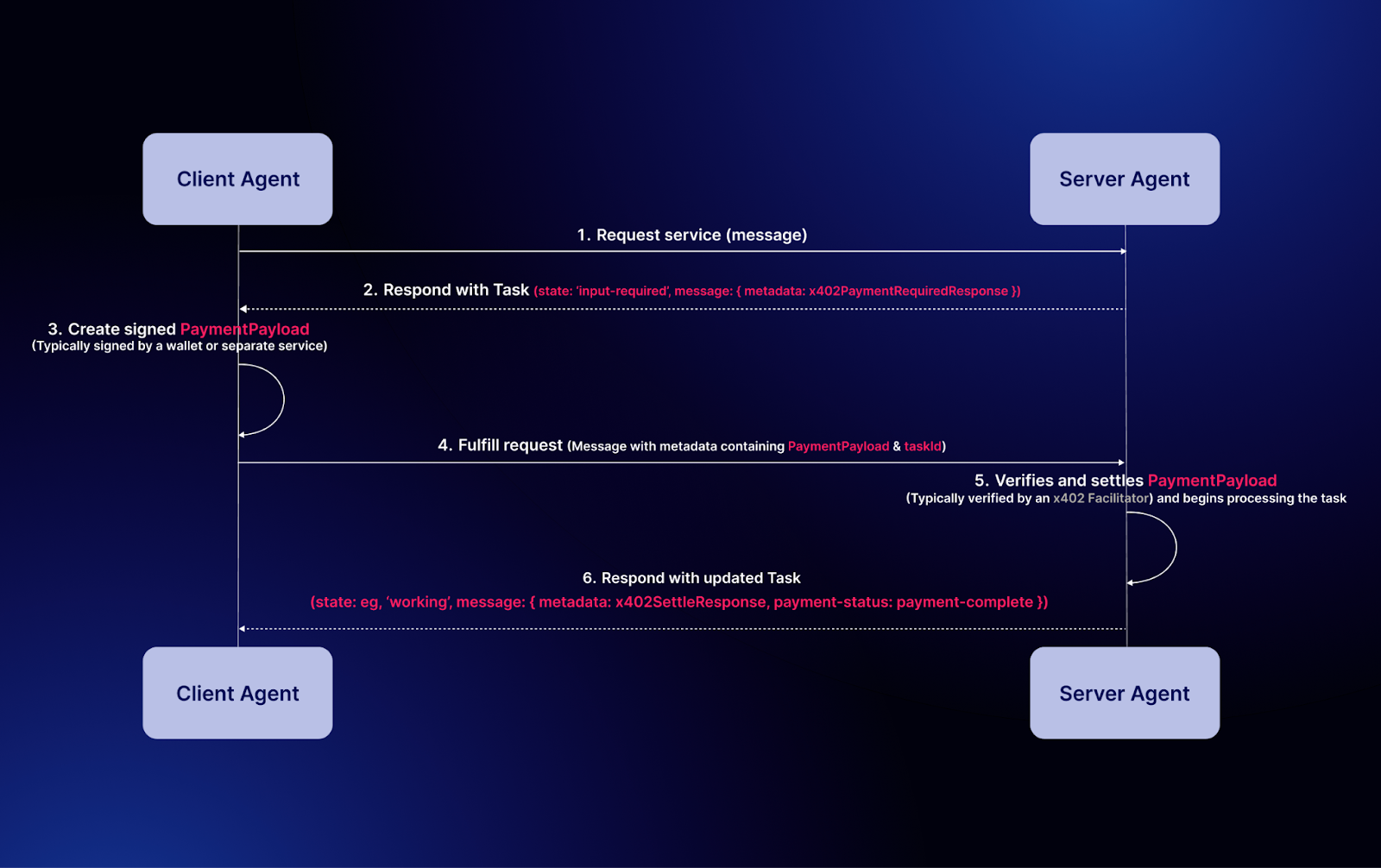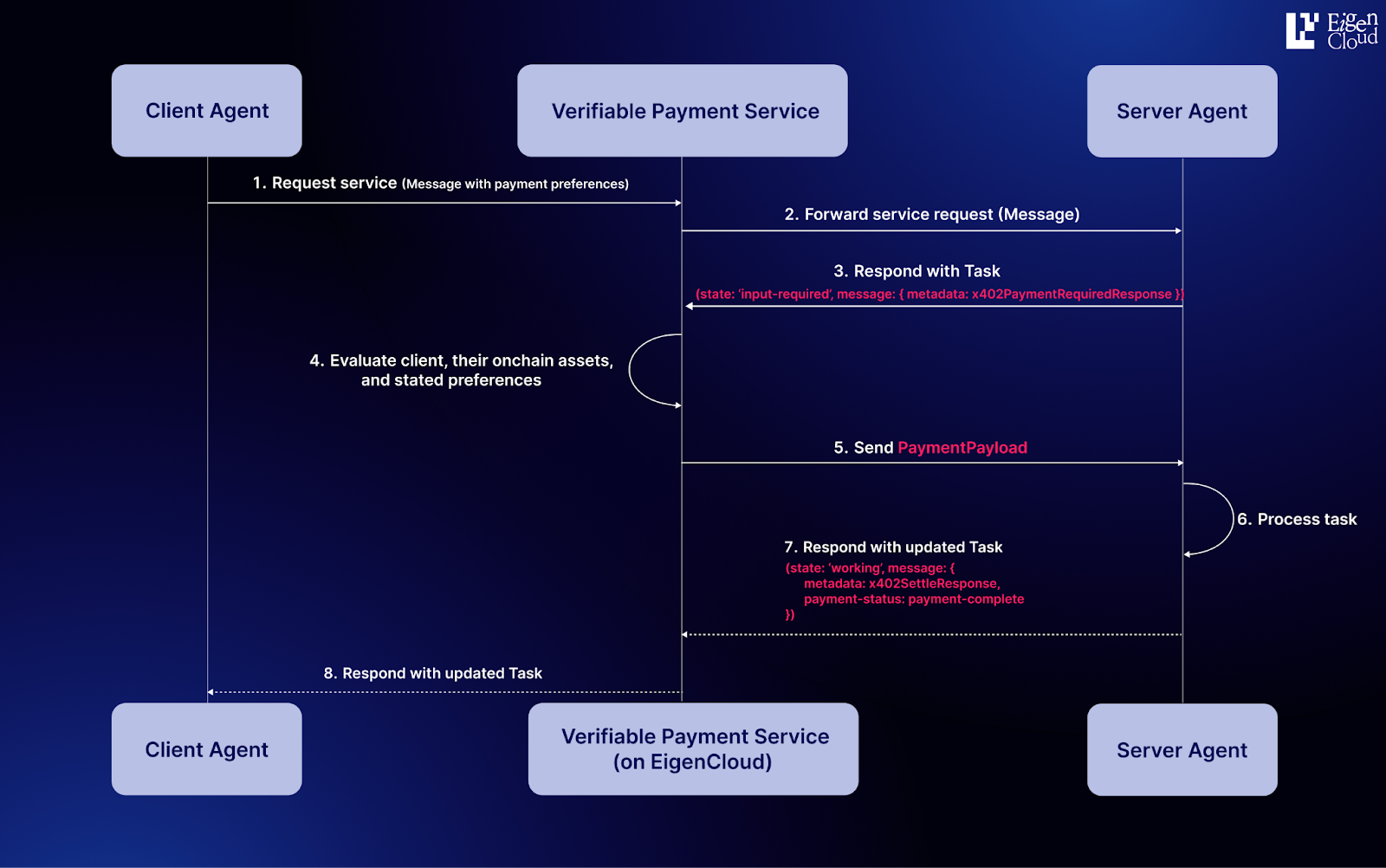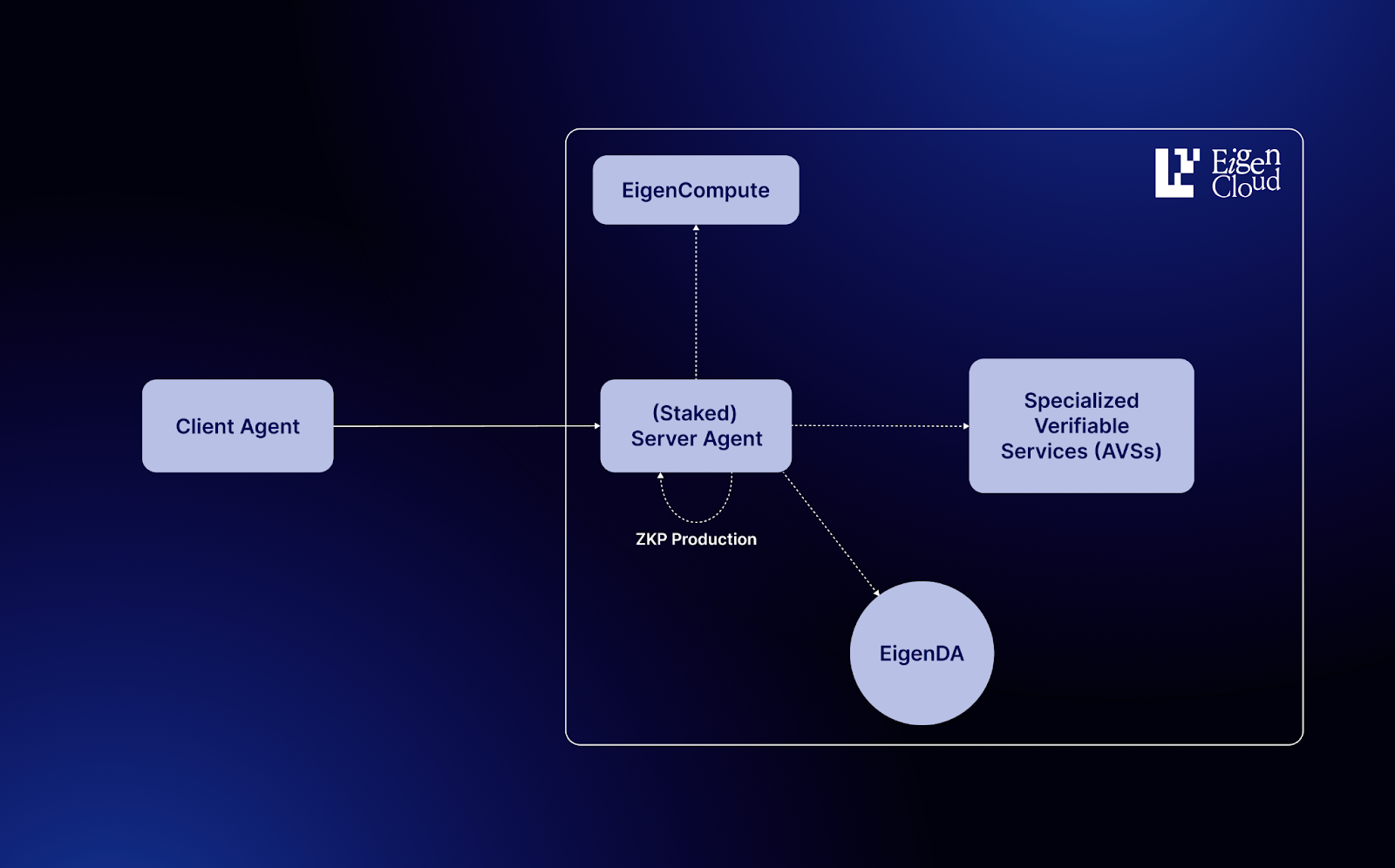EigenCloud Partners with Google to Power Business & Consumer Trust in AI Payments
The world is rapidly barreling towards an economy of AI agents coordinating, transacting, and acting on our behalf. But institutions, enterprises, and consumers won’t let them operate in high-value domains like payments if humans can’t trust and verify their actions. EigenCloud is now working with Google to extend blockchain-powered verifiability to the A2A (agent-to-agent) protocol, providing a programmable trust layer. The integration with EigenCloud creates a cryptographic solution that enables AI agents to verify their work, coordinate cross-chain payments, and enforce economic guarantees at a global scale, ensuring AI agents are acting within the parameters set by humans. With a new universal trust layer, the future of agentic crypto payments will arrive faster.
Background: The Dawn of Agent Economies and the Need for Trust
The A2A protocol is a leading open protocol that enables autonomous AI agents, regardless of their underlying platform, to discover each other and interact. This protocol is the foundation for a new class of multi-agent applications and workflows, from automated financial services to prediction markets. A critical component of this emerging ecosystem is the ability for agents to transact with one another financially. With Google’s new Agent Payments Protocol (AP2), announced today, it can be extended to support payments via the x402 standard, leveraging the HTTP 402 status code to facilitate blockchain-agnostic payments.
However, as agent economies grow in complexity and value across various blockchain networks, some fundamental challenges emerge: how can one agent trust that another agent has executed a task as promised, particularly when that task involves complex, off-chain computation? Without a robust mechanism for verification, the system is vulnerable to disputes, misrepresentation, and even fraud. Or how can payments be facilitated between agents when appropriate onchain funds do exist, but on the wrong networks (e.g., Merchant Agent asks for X USDC on Base but Client Agent has the equivalent amount of funds in ETH on Arbitrum)? Without the appropriate payment abstractions, the system’s economic activity could be slowed down, if not entirely halted, hindering the growth of the entire agentic ecosystem.
EigenCloud’s Unique Contribution: Crypto-grade Verifiability at Cloud Scale
EigenCloud provides a suite of primitives and services that offer verifiability rails to the above-mentioned scenarios and beyond.
Take the base case of how an A2A-x402 payment happens.

Payment Service
If a Client Agent doesn’t have the funds requested by the Server Agent in step 2, but has the funds on unspecified networks, there’s a time delay for the relevant funds to be bridged over to facilitate the payments.
Instead, a verifiable Payment Service could abstract the complexities of:
- Asset conversion and bridging
- The underlying networks
- Payment rails away from the Client and Server Agents
Specifically, the Operators of this Payment Service would be restaked such that dishonestly performing the above abstractions would be cause for slashing their stake.
If we assume billions, if not trillions, of agents will be deployed, reducing any overhead (whether it’s latency, capital inefficiency, or otherwise) would have a significant boost on the efficiency of this agentic economy.
A very rough overview of how this Payment Service might work:

Server Agent Work Verification
Another area where verifiability is important is checking the Server Agent’s work. The A2A-x402 protocol is intentionally not opinionated as to how a dispute would be handled if the Client Agent provides a payment for a task whose execution by the Server Agent turned out to be subpar.
It would be ideal if the Client Agent had some means of verifying the work done by the Server Agent (or the work of whoever the Server Agent depends on). As payments are made for goods and services, the goal is to drive the counterparty risk between agents as low as possible. Having verification mechanisms is a big step towards lowering this risk.
There are various ways verification can be achieved:
- The Server Agent can leverage EigenCompute to run some computation verifiably and produce attestations, which can then be shared with the Client Agent. This can be done through various implementations, such as TEE or deterministic execution (with re-execution providing verifiability).
- The Server Agent can use as part of its dependencies any specialized service that’s verifiable, essentially an Autonomous Verifiable Service (AVS).
- The Server Agent itself is restaked and hence an AVS. As part of processing any request, it can produce a zero-knowledge proof (ZKP) for verification by the Client Agent. If the ZKP cannot be verified, the Client Agent can use this as evidence to slash the Server Agent.
- The Server Agent can use EigenDA as a service to ensure any input or output of its work is verifiably available for the Client Agent to access, in case the Client Agent deems any of these artifacts as potential evidence for disputing the Server Agent’s work.

A new era of agentic coordination The combination of the A2A protocol and EigenCloud's verifiability infrastructure marks a pivotal moment in the evolution of autonomous agent economies. By addressing the fundamental challenges of trust, verification, and payment interoperability, this partnership establishes the critical rails needed for agents to transact seamlessly at scale. As we move toward a future where billions of autonomous agents handle increasingly complex and valuable transactions, the combination of open standards and cryptoeconomic security becomes essential. Together, EigenCloud is not just solving today's technical challenges; we're laying the groundwork for tomorrow's trillion-dollar agentic economy, where trust is programmable, verification is instantaneous, and economic activity flows freely across networks and platforms.
Demo Reference
Here’s a demo to get started with understanding the details of and working with the A2A protocol: https://x.com/dabit3/status/1961442347490660709
And here’s an AP2 demo integrating with EigenCloud: https://x.com/eigenlayer/status/1968097296366833703

